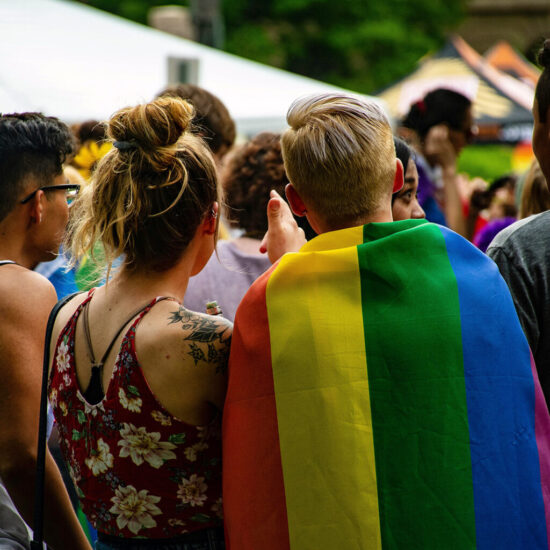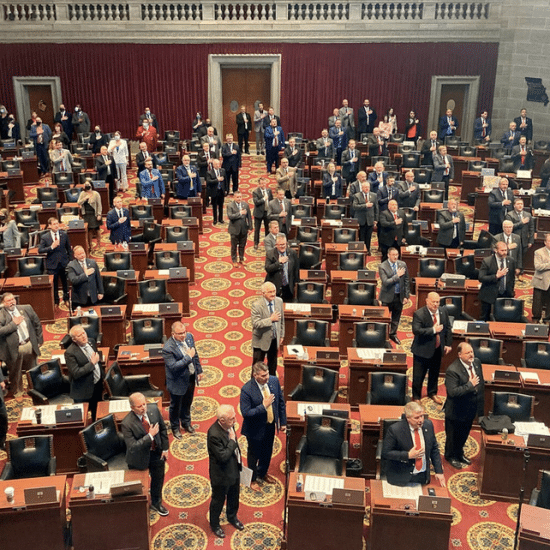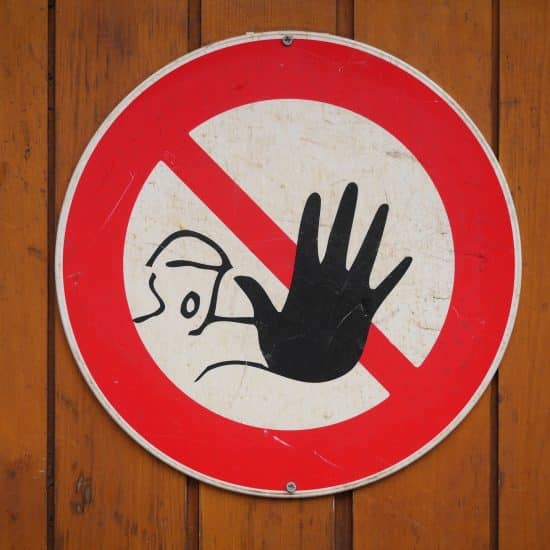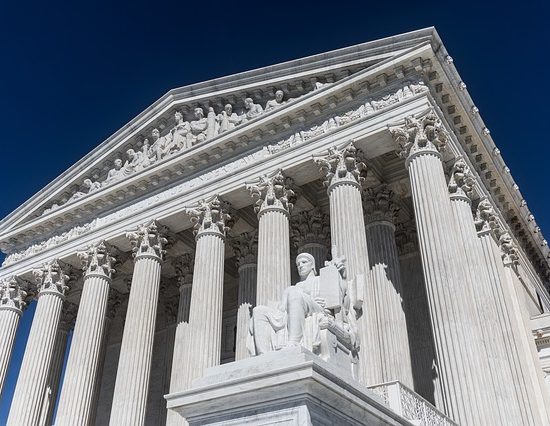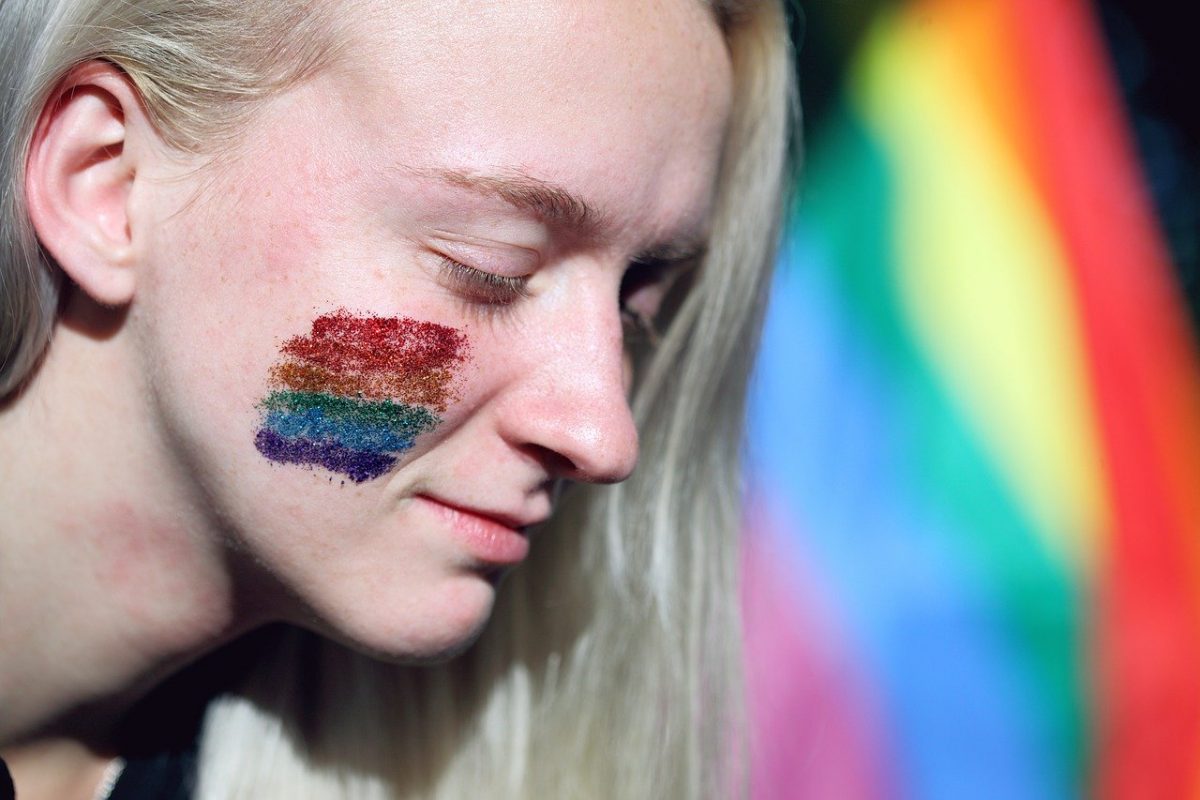

Image by Sharon McCutcheon from Pixabay
Religious beliefs are being used as justification for discriminatory actions across the world, a trend highlighted in a report published on March 2 by the United Nations’ Special Rapporteur on Freedom of Religion or Belief.
“Of particular concern is the considerable evidence that in all regions of the world, actors citing religious justifications for their actions have advocated to governments and to the broader public for the preservation or imposition of laws and policies that directly or indirectly discriminate against women, girls and LGBT+ persons,” the report said.
Many government laws and policies enacted on the basis of religious beliefs or claims “effectively deny women and other individuals the right to equality and non-discrimination on the basis of their sex, sexual orientation or gender identity.”
Women, girls and LGBTQIA+ persons are most often the focus of religiously justified discrimination, though laws and policies rooted in religious beliefs can also negatively impact – and restrict the rights of – anyone who does not adhere to, or agree with, such views.
The religious justification and resulting discrimination in legal codes can become veiled behind euphemism.
For example, “discriminatory mores on gender and sexuality rooted in religious orthodoxy are often translated into national law as secular restrictions,” but they are described and defended by supporters as laws that protect and preserve “public morals” or “traditional values.”
Specific examples of such government-sanctioned discrimination being justified on the basis of religious beliefs include laws that only permit men to seek a divorce, statutes that criminalize consensual same-sex relations, policies that require certain public dress (often only pertaining to women), laws that permit forced marriage, and statutes that criminalize abortion (often coupled with limited or no access to contraceptives).
While much of the report focused on instances in which religious groups seek to enact and defend laws that protect and promote their own beliefs (typically at the expense of the freedoms and rights of those who do not hold their views), the report also noted that some religious groups promote and defend freedom of religion for all people.
The work of faith-based groups and individuals to expand and defend equal rights for all people “makes clear that religions are not necessarily the source of gender-based discrimination and violence, but that rather, interpretations of those beliefs, which are not protected, per se, and which are not necessarily held by all members of a religious community, are often the source of gender-based violence and discrimination.”
While emphasizing the right of religious groups to adhere to their beliefs and put them into practice in their daily lives, the report noted limitations to the free exercise of such rights when it results in discrimination or harm to others.
“Anchoring freedom of religion or belief in a principle that demands non-discrimination requires legal protection of the equality of opportunity in the enjoyment by all of this right, as well as all the other rights on which freedom of religion or belief depends,” the report said.
“This means that the rights of individuals should be protected even within groups, by creating an enabling environment where dissenters are protected against incitement to violence, and are able to assert their agency through the exercise of their fundamental human rights, including freedom of expression, right to information, freedom of religion or belief, the right to education, the right to work, freedom from coercion and equality before the law, among others.”
The full report is available here.
This article originally appeared on EthicsDaily.com.

